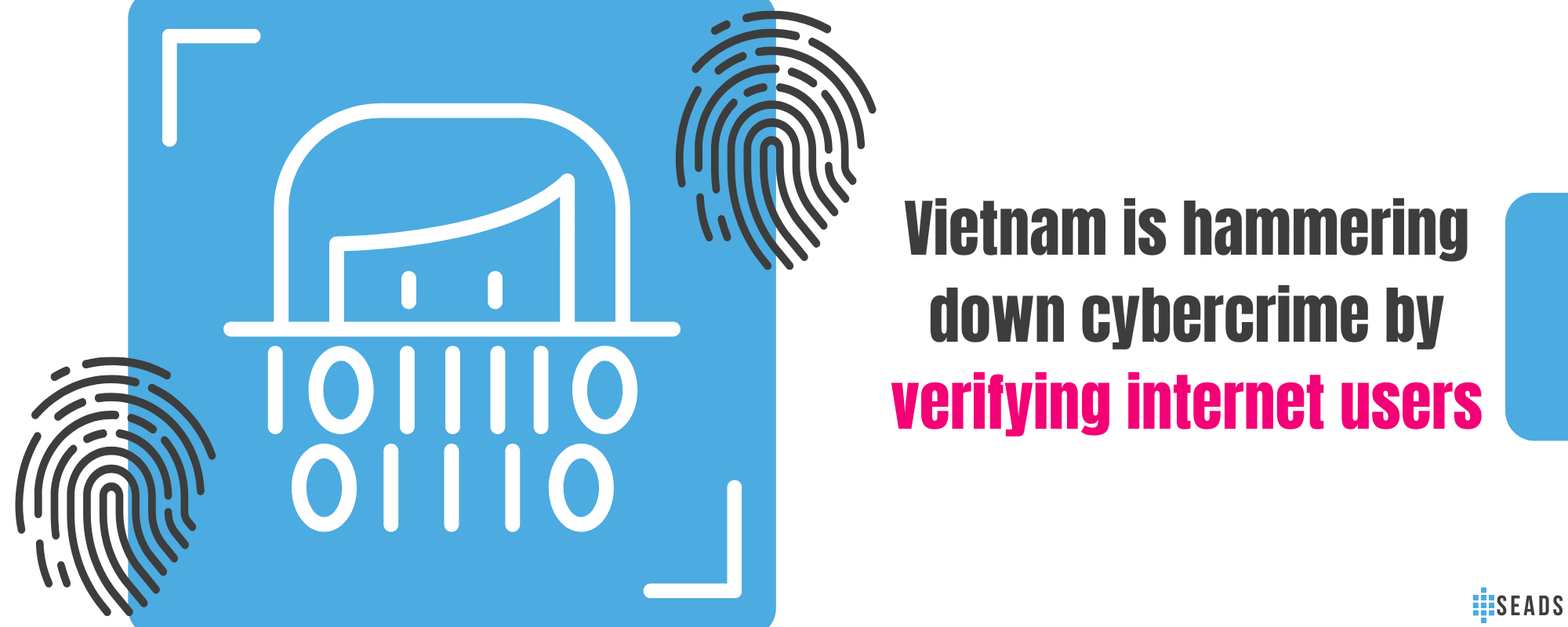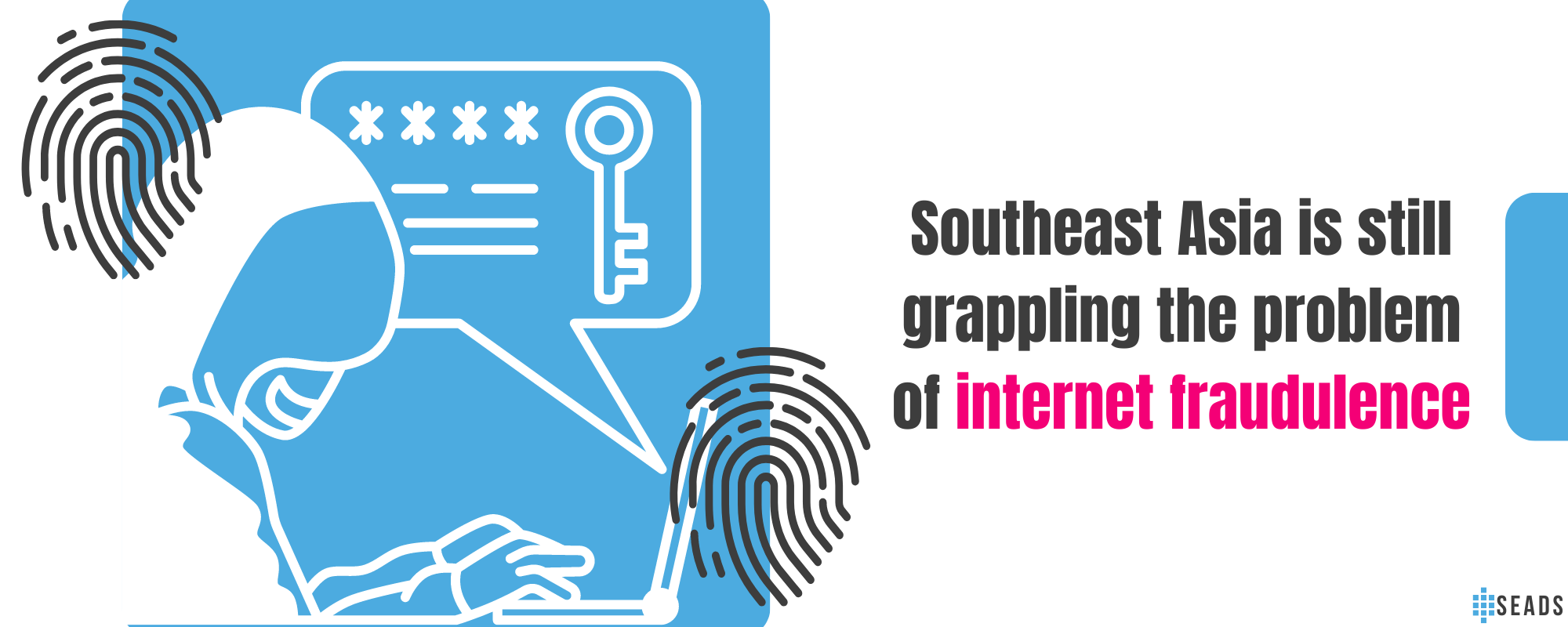The Vietnamese government’s recent decision to enforce a verification process for all social media users has sparked concerns about the country’s commitment to freedom of speech. Analysts argue that the move could have a chilling effect on individuals who engage in criticism and independent journalism.

Earlier this month, the Ministry of Information in Vietnam announced an additional amendment to the Telecommunications Law, which will require both foreign and local social media networks to verify the identities of their users. Failure to comply with this requirement will result in the blocking of user accounts.
The ministry claims that the new amendment aims to combat cybercrime, but press freedom and digital rights organizations express skepticism. They fear that the verification process could make it harder for individuals to provide constructive criticism to the government without risking public persecution or the infringement of their rights.
Trin Huu Long, the Founder of The Journalism and Research Group Legal Initiatives, who grew up in Vietnam but now resides in Taiwan, warns that the amendment could potentially endanger freedom of expression on the internet. He argues that internet users may have to sacrifice their privacy and true identities, which could have severe repercussions.
In an interview with VOA, Long expressed sadness over the existing suppression of digital freedom in Vietnam. He stated that moving forward, the amendment could have a devastating impact on human rights in the digital realm.
Despite attempts to seek comments on the matter, Vietnam’s Washington embassy did not respond to VOA’s email.
Authorities in Vietnam assert that the verification process will enable them to track users suspected of breaking the law and take legal action accordingly. However, they clarify that they can only track social media accounts and not individual identities. Nguyen Thanh Lam, the Deputy Minister of Information, highlighted this distinction in an interview with the state-run Voice of Vietnam newspaper.
The move comes as Vietnam continues to grapple with a high rate of online fraud within the Southeast Asia region. Proponents of the verification process argue that it will enhance cybersecurity and combat criminal activities perpetrated through social media platforms.

As the implementation of the amendment draws nearer later this year, concerns about the potential infringement of digital rights and freedom of speech in Vietnam remain at the forefront of discussions among civil society organizations, journalists, and human rights advocates.
It remains to be seen how the Vietnamese government will address these concerns and balance its efforts to combat cybercrime with the preservation of fundamental rights in the digital landscape.
“Online anonymity is crucial for promoting freedom of expression in countries where critical voices are limited, but real name registration can be abused by authorities and used for repression,” stated Michael Caster of Article 19. He emphasized that online anonymity and privacy are protected by international human rights law. Caster also highlighted the importance of anonymity for journalists, human rights defenders, political opposition, and marginalized communities.
Vietnam has a dismal press freedom environment, comparable to North Korea and China, with limited independent news outlets. Bloggers and citizen journalists provide a rare critical voice but face frequent targeting. Vietnam’s internet landscape is classified as “not free” by Freedom House, and proposed regulations further restrict internet freedoms.
Dhevy Sivaprakasam of Access Now described the regulation as another tool to suppress activists, critics, and dissenters in Vietnam. The country has a history of enacting laws that curb internet freedoms and criminalize speech critical of the government. The cybersecurity law passed in 2018 instilled fear among the public and discouraged discussion of sensitive political issues.
Similar internet and press freedom concerns exist in Southeast Asia. Myanmar’s military employs internet shutdowns to establish a “digital dictatorship” post-coup, while Indonesia introduced legislation to remove unlawful or disorderly content. The majority of Association of Southeast Asian Nations (ASEAN) member states rank poorly in press freedom, with Malaysia as the exception at 73 out of 180 countries.